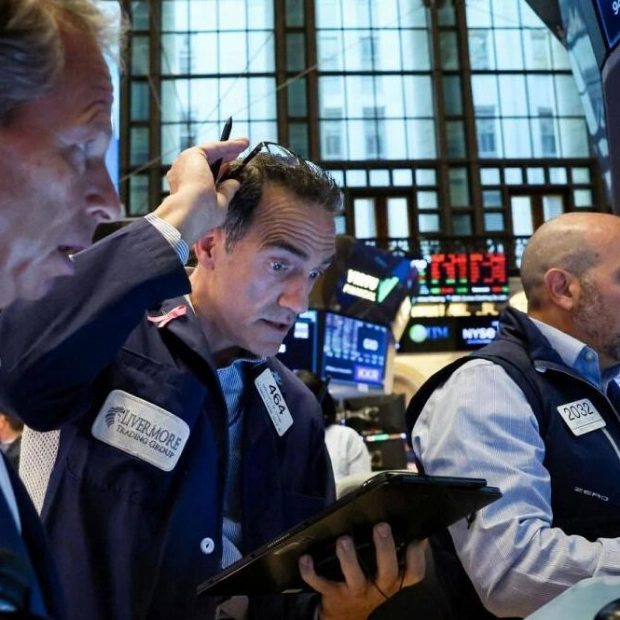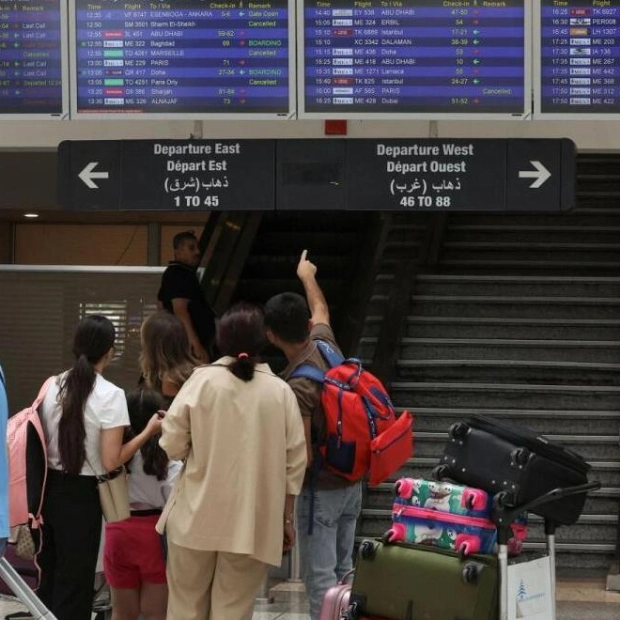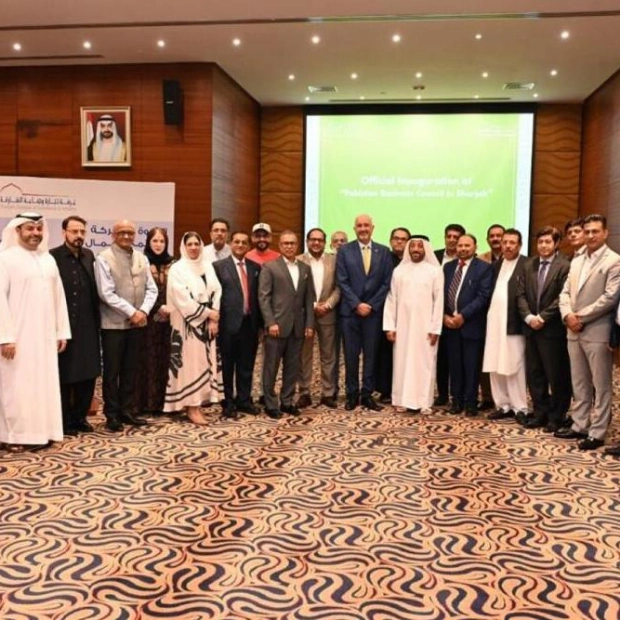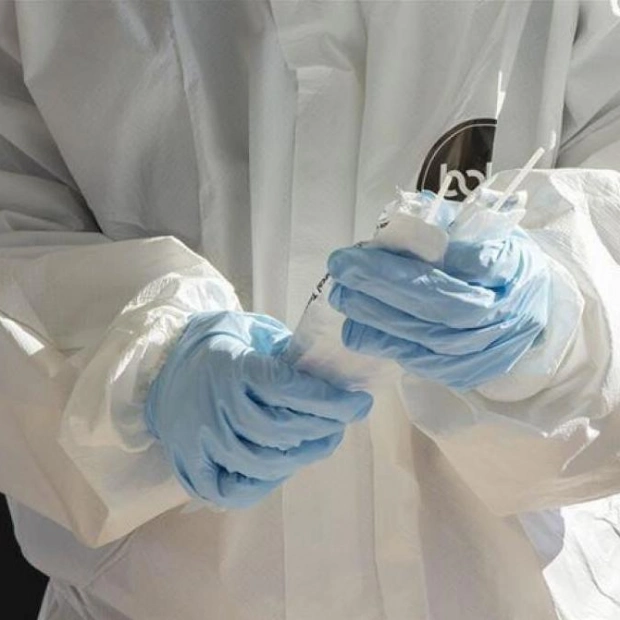File Photo. Image used for illustrative purpose
The UAE is set to witness an increase in large-scale collaboration and joint venture projects with US companies, following significant agreements recently signed between top technology and defense firms of both nations, according to a senior official. "I foresee a growing trend of collaboration, technology sharing, and joint development of AI (artificial intelligence) applications... The opportunities for us are expanding," stated Peng Xiao, CEO of G42, a UAE-based technology company specializing in AI. Xiao made these remarks during a fireside chat on "The Intelligence Grid: Unlocking AI’s Full Potential for the World."
Last month, G42 joined forces with Nvidia to enhance the US firm’s Earth-2, an open platform designed to accelerate climate and weather predictions through interactive, AI-augmented, high-resolution simulations. Initially, G42 and NVIDIA will concentrate on a weather forecasting model with a square-kilometre resolution, aiming to enhance the precision of meteorological forecasts.
In April 2024, US technology titan Microsoft revealed a $1.5 billion strategic investment in G42, bringing cutting-edge Microsoft AI technologies and initiatives to the UAE and other global markets. These agreements between key companies of both nations are considered landmark deals, reinforcing their collaboration in critical sectors.
Xiao commended the governments of both countries for supporting their agreement and collaboration. He emphasized that the world needs to allocate a third of its resources to AI safety. "If you are investing $100 in an AI program—whether as a developer or a user—$33 should be dedicated to safety. This is the level of effort required for AI risk management," he noted.
He further highlighted that the potential for G42 and its partners lies in constructing global AI infrastructure. "Currently, the world has less than 60 gigawatts of data centers. To make AI accessible to everyone, we would likely need 300, 400, or even 500 gigawatts. Each gigawatt, fully equipped with computing hardware, represents an investment of about $45 billion. Therefore, infrastructure worth $45 billion multiplied by 500 times needs to be developed to fully harness AI and benefit humanity," he concluded.






